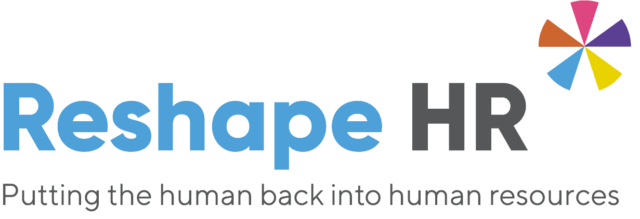Can you believe that we are already half-way through March? Us neither 🤔💭!
This year we have already assisted our clients in complying with their HR duties; from issuing up-to-date contracts to assisting with maternity procedures to fully launching our Remote HR function (comes standard with our retainer offerings), and we still have 9 months to go…⏱️.
If you need a policy for your business, or looking to outsource your HR compliance duties so you can focus on your business, or if you are simply looking to run something past us, get in touch with us via 👇🏽:
↠ T: 0141 471 5510
↠ E: info@reshapehr.com
↠ W: reshapehr.com
#Business
#BusinessSupport
#Glasgow
#Ayrshire
#UK
#Edinburgh
#Lanarkshire
#HR
#ReshapeHR
#HRSupport
#HRAdvice
#HRStarterPackages
#HRCompliance
#HROutsourcing
#HRConsultancy
#PayrollSupport
#PayrollOutsourcing










